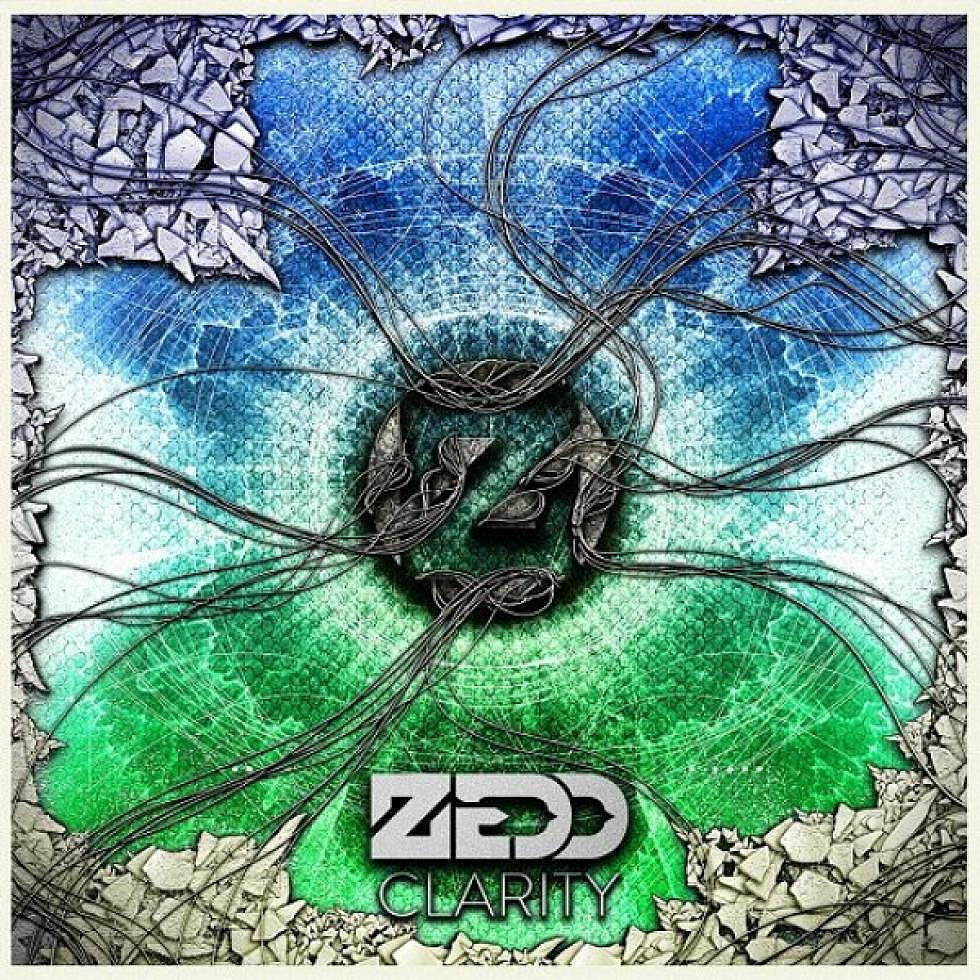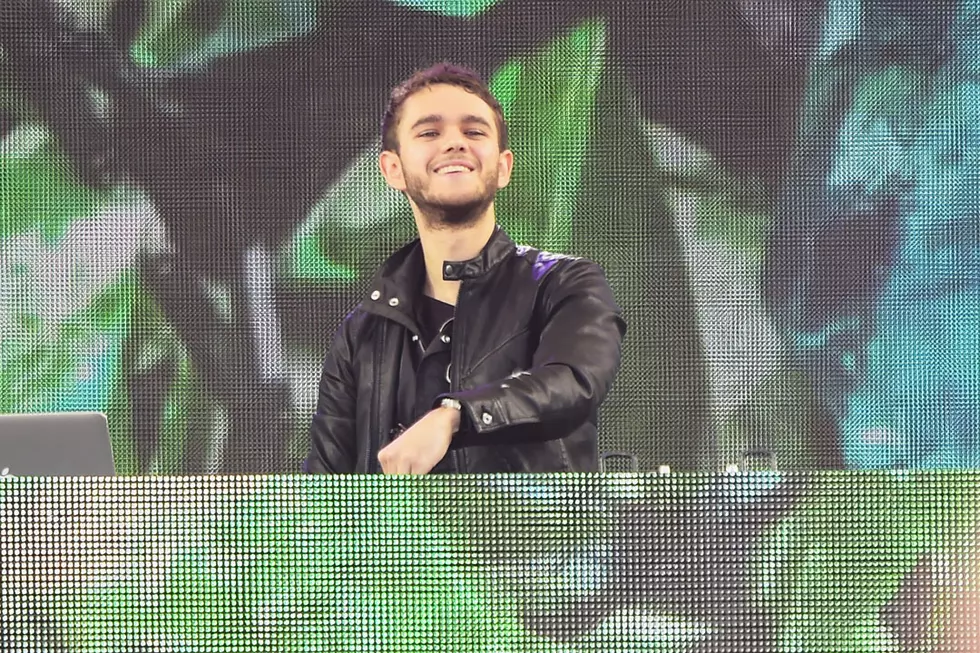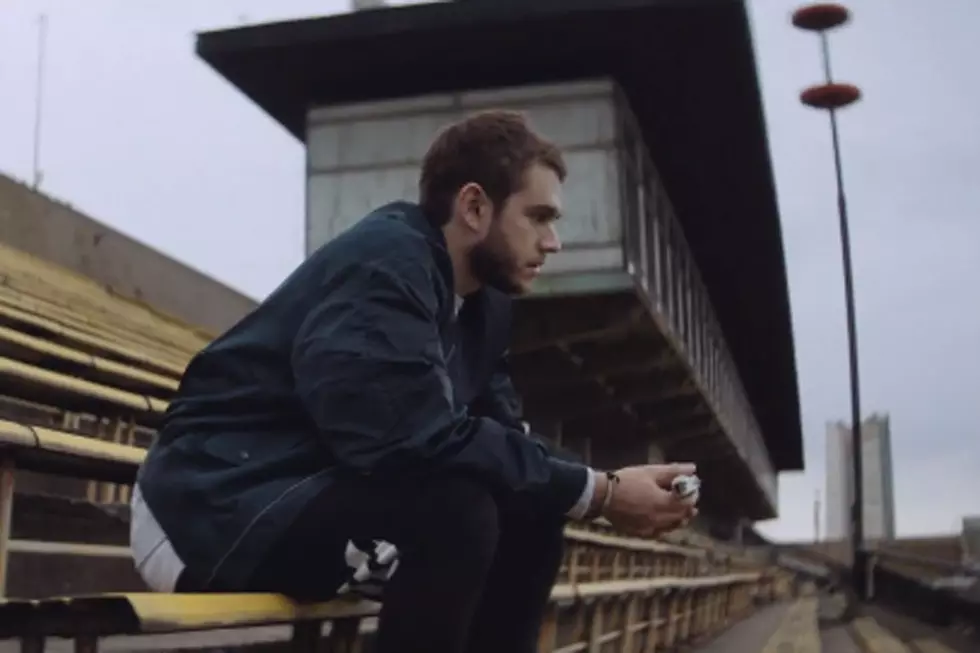
Zedd’s “Clarity:” A Groundbreaking Debut, Reviewed
When I interviewed Zedd for a profile piece in elektro's fall issue (on newsstands now!), he was putting the finishing touches on his debut album. He was extremely confident about the record, which he had been working and re-working for months. “This is not an electronic dance album,” Zedd told me. “This is not me throwing 12 songs together. It’s a story I’m telling.” The only problem? He had no idea what to call the album.
Having flirted with titling it Spectrum to hint at its broad sonic range – and Shave It because, well, why not? – Zedd announced in mid-August that the album would be called Clarity. The title couldn’t be more fitting: Zedd’s vision is completely realized, his story fully told. Clarity is a captivating and cohesive album that showcases his versatility as a producer, but also lays claim to a distinct sound that permeates all ten tracks. It has been meticulously produced, from the grand orchestral arrangement of “Shave It Up” down to a perfectly placed double hand-clap on “Hourglass.”
Clarity opens with the tinny tick-tock of the aforementioned “Hourglass,” a sound so simple it feels as though anything could unfurl. An almost lullaby-like synth melody and rolling military drums come in to accompany Liz’s silky vocals. The track climaxes with a bright, anthemic final chorus, only to fade away before you realize it. The transition into “Shave It Up” is slow but ultimately rewarding: with a quick drum flourish, the electro tune turns into an dramatic string version.
This new arrangement flows perfectly into the dreamy landscape of “Spectrum” and, from there, “Lost At Sea.” The latter track features Ryan Tedder on vocals, but what starts as a poppy ballad grows into a wistful, reflective love letter set over four-on-the-floor beats. “Clarity” finishes off the trio of vocal tracks, adding a jolt of energy with its Top 40-ready lyrics and massive chanted melody. The song is as likely to become a mainstream hit as it is to be the pinnacle moment in festival sets. Interscope wisely chose to offer the track as iTunes’ “Free Song of the Week” to promote the album and introduce newcomers to Zedd.
For the not-so-new Zedd fans, however, the next two tracks on Clarity are sure to satisfy; “Codec” and “Stache” were produced in the complextro vein of earlier tracks like his “Weekends!!!” and “Scary Monsters and Nice Sprites” remixes. “Codec” is one of Zedd’s busier productions – guitar-like synths and vocal glitch elements, seemingly inspired by Daft Punk and Madeon, respectively, compete with futuristic elements that dart in and out. “Stache” picks up where “Codec” leaves off, using the beloved Zedd “shaved” synth in an ominous melody that drops off into a heavy acid house section. The track ends with a few surprise seconds of piano and tapers off slowly, setting the stage for one of Clarity’s best songs: the Lucky Date/Ellie Goulding collaboration “Fall Into The Sky.”
Though “Fall Into The Sky” starts like a typical Goulding power ballad, in actuality it’s anything but: her intoxicating vocals soon become glitchy samples, the track revs up and Zedd unleashes the biggest, baddest drop on the album; the spring-loaded, bouncy synth line is unlike anything we’ve heard before. When it hits for the second time, Zedd adds a subtle, inspired touch that pays homage to his EDM predecessors. Justice’s seminal 2007 album † featured hundreds of tiny, unidentifiable samples from other tracks including, according to band member Xavier de Rosnay, a clap from 50 Cent’s “In Da Club.” It’s only fitting, then, that Zedd spiked the second drop of “Fall Into The Sky” with 50 Cent’s “Go!” vocal as a tribute to the French DJ legends.
“Follow You Down” doesn’t try to top the energy of banger it succeeds, instead offering a mellow, deeper house sound. It’s one of the few tracks on the album that’s made for headphones, rather than club speakers. “Epos,” the final song on Clarity, picks up the simple pieces of “Follow You Down” and molds them into a slow-building instrumental groove. After the drop comes a Tiesto-esque big-room melody, with splashes of Zedd’s signature synth thrown in for good measure. “Epos” peters out with the ticking of a clock in just the same way “Hourglass” began.
For all the talk of Zedd’s clear-cut intentions for the album, Clarity is also a study in fluidity. Not only does each song artfully slide into the next, but vocals somehow melt into sound effects and the music flits among moods and emotions (sometimes even within a single song, such as on “Fall Into The Sky”). Zedd takes listeners on EDM’s classic buildup-drop-breakdown rollercoaster ride on numerous songs, but it doesn’t sound stale; instead, the ups and downs add to the album’s emotional impact and sense of journey. Like it or not, Clarity will move you… and not just on the dance floor. It will evoke emotion, conjure memories of relationships past and present, and remind you just how powerful music can be. Clarity is a game-changer and, in our eyes, the biggest dance debut since Justice’s †.
Click here to purchase Clarity on iTunes.
More From Elektro Daily









